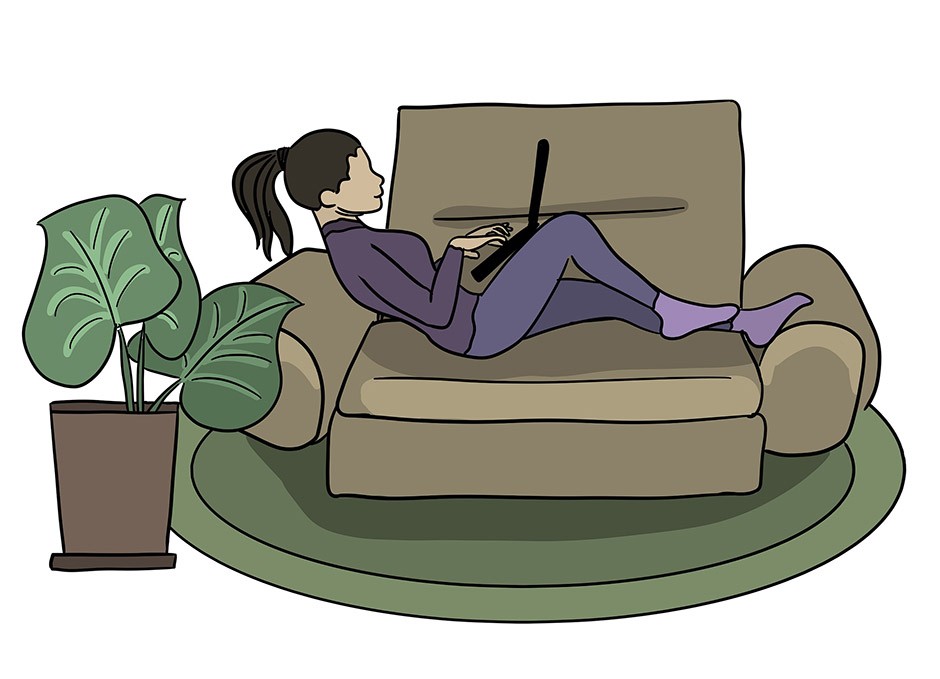Tanya Singh is a doctoral candidate in Marketing at the John Molson School of Business. Tanya holds a PhD in Evolutionary Biology from the University of Pennsylvania and a Bachelor’s in Engineering in Biotechnology. Prior to starting her PhD in marketing, she carried out research in genetics.
Tanya leverages her interdisciplinary background to study consumer decision making. She examines the consequences of putting off choices on consumer behavior. Her dissertation examines how putting off decisions can have significant impact on subsequent consumer decisions. She is the recipient of the Howard Webster Award for Graduate Excellence. She is also involved in developing and delivering a data analysis workshop at targeted towards graduate students at Concordia University.


 Workers are embracing flexibility. Image by antiopabg from Pixabay.
Workers are embracing flexibility. Image by antiopabg from Pixabay.
 The pandemic saw a rise in minimalism. Image by nhadatvideo (flickr).
The pandemic saw a rise in minimalism. Image by nhadatvideo (flickr).
 Having fewer friends can have an upside.
Having fewer friends can have an upside.
